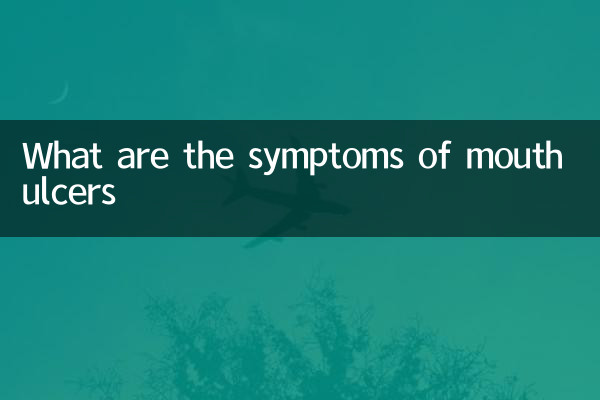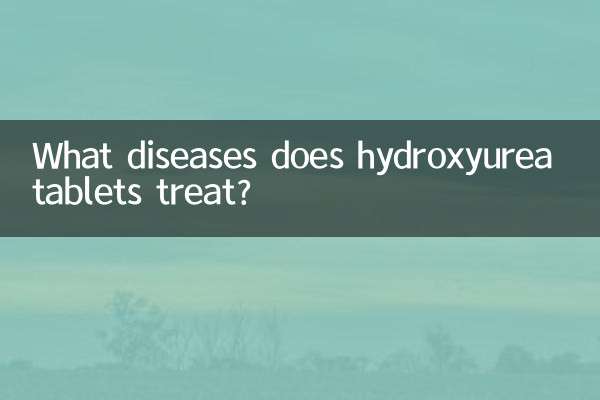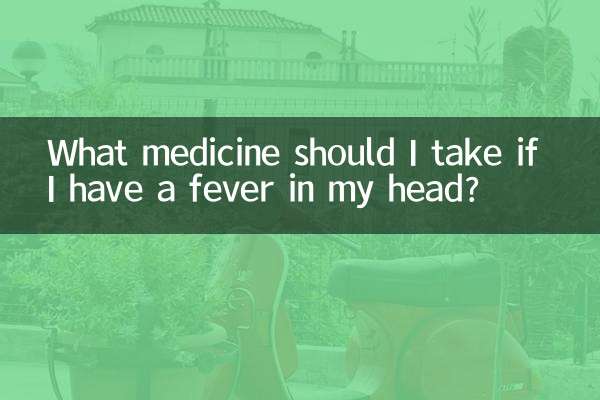What are the symptoms of mouth ulcers
Oral ulcers are a common disease of the oral mucosa. Although they usually do not pose a serious threat to health, they can cause discomfort and pain to patients. Understanding the symptoms of canker sores can help with early identification and prompt treatment. The following is a detailed analysis of the symptoms of oral ulcers, combined with recent hot health topics, to provide you with structured data.
1. Common symptoms of oral ulcers

Symptoms of canker sores vary from person to person, but usually include the following:
| Symptoms | Description |
|---|---|
| pain | There will be significant pain in the ulcerated area, especially when eating, talking, or touching. |
| Ulcer morphology | It is usually round or oval in shape, with red and swollen edges, a sunken center, and a white or yellow pseudomembrane covering the surface. |
| local redness and swelling | The mucous membrane surrounding the ulcer may become red and swollen. |
| burning sensation | Some patients may experience localized burning or stinging before an ulcer forms. |
| recurring attacks | Some patients will have recurring oral ulcers, which may be related to immunity, stress or genetic factors. |
2. Classification of oral ulcers
Depending on the size, duration, and severity of the ulcer, mouth ulcers can be divided into the following categories:
| Type | Features | duration |
|---|---|---|
| Mild oral ulcers | Less than 1 cm in diameter, the pain is mild and usually heals within 1-2 weeks. | 7-14 days |
| Severe oral ulcers | If the diameter is greater than 1 cm, the pain will be severe and the healing time will be longer. | 2-6 weeks |
| herpetiform ulcers | Multiple small ulcers, distributed in clusters, with obvious pain. | 1-2 weeks |
3. The relationship between recent hot health topics and oral ulcers
Discussions about immunity, stress management, and healthy eating have become hot topics recently. These factors are closely related to the occurrence of oral ulcers:
| hot topics | Association with mouth ulcers |
|---|---|
| Decreased immunity | When immunity is low, the oral mucosa is more susceptible to damage and ulcers. |
| stress and anxiety | Long-term stress can lead to endocrine disorders and increase the incidence of oral ulcers. |
| vitamin deficiency | A lack of vitamin B12, iron, or folic acid may cause recurring mouth ulcers. |
| Spicy diet | In recent discussions on the health effects of spicy food, it has been mentioned that it may irritate mucous membranes and induce ulcers. |
4. How to relieve the symptoms of oral ulcers
If you are experiencing mouth ulcers, you can try the following methods to relieve symptoms:
| method | Specific measures |
|---|---|
| topical medication | Use canker sore patches or sprays containing lidocaine or hormones to reduce pain. |
| Maintain oral hygiene | Rinse your mouth with warm salt water to avoid bacterial infection. |
| diet modification | Avoid spicy, acidic or hard foods and eat more vitamin-rich fruits and vegetables. |
| Decompress | Relieve stress and reduce ulcer recurrence through exercise, meditation and other methods. |
5. When Do You Need Medical Treatment?
Most mouth ulcers can heal on their own, but timely medical attention is recommended in the following situations:
| situation | Possible reasons |
|---|---|
| Ulcer lasts more than 3 weeks | May be associated with other diseases such as oral cancer. |
| The ulcer area is too large or there are too many ulcers | May suggest systemic disease (eg, Behcet's disease). |
| With fever or swollen lymph nodes | There may be an infection or other systemic problem. |
Although mouth ulcers are common, they can be better prevented and managed by understanding their symptoms and triggers. If you often suffer from oral ulcers, it is recommended to pay attention to recent hot health topics, such as immunity improvement and stress management, and reduce the occurrence of ulcers through lifestyle.

check the details

check the details